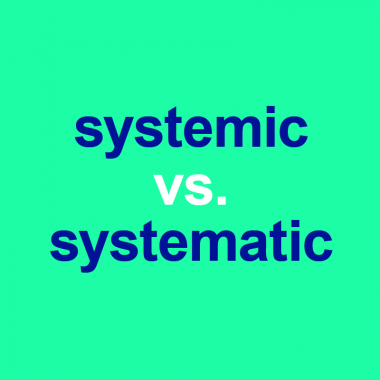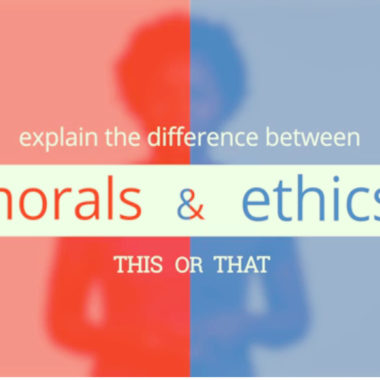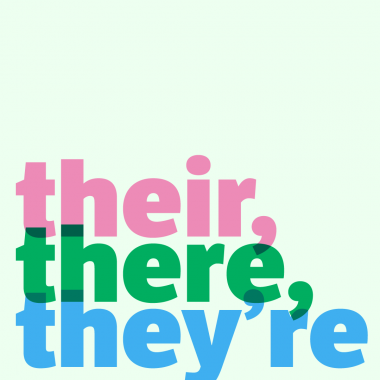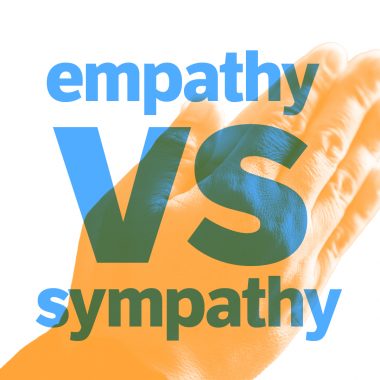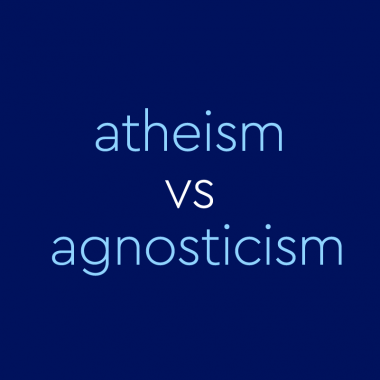Absentee Ballot vs. Mail-In Ballot: Know The Difference
In the US, the classic image of election day is of people standing in line to cast a ballot inside a voting booth. But this image is changing, particularly with the increase in the use of absentee and mail-in ballots. With this change, there is a lot of confusion—and misinformation—around these methods, which vary widely state by state. What’s more, some people use these terms …


